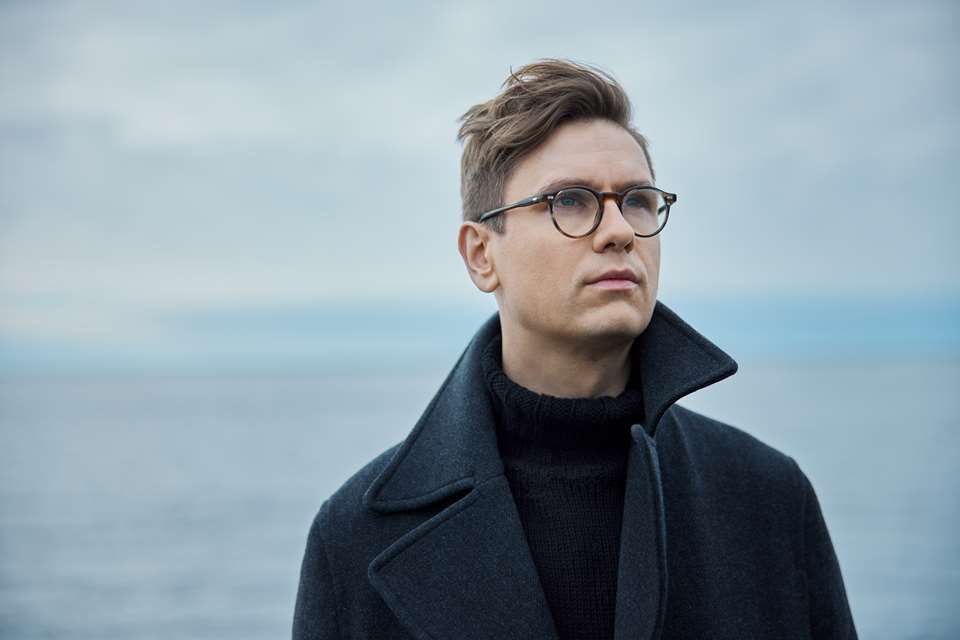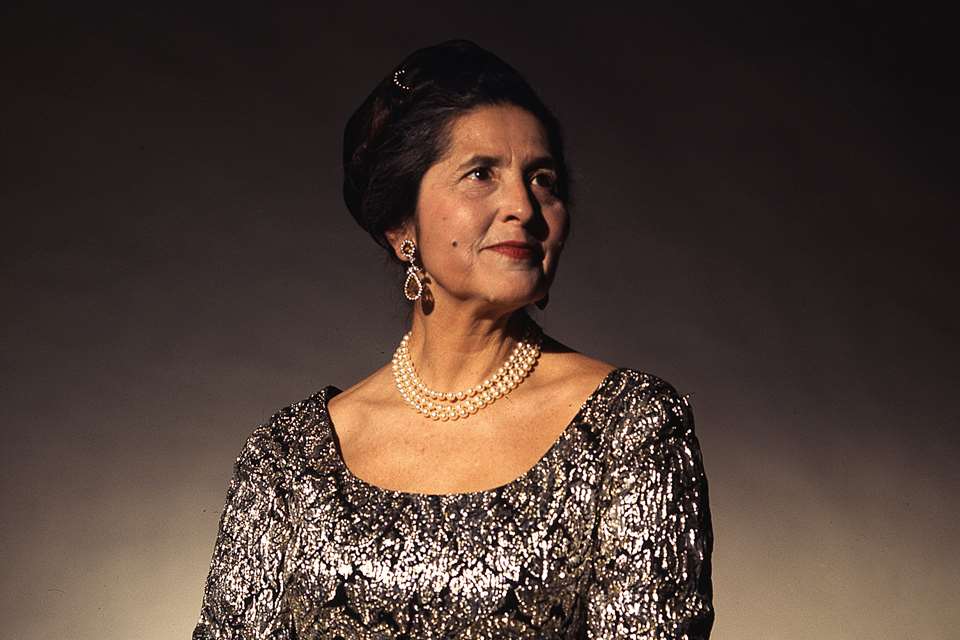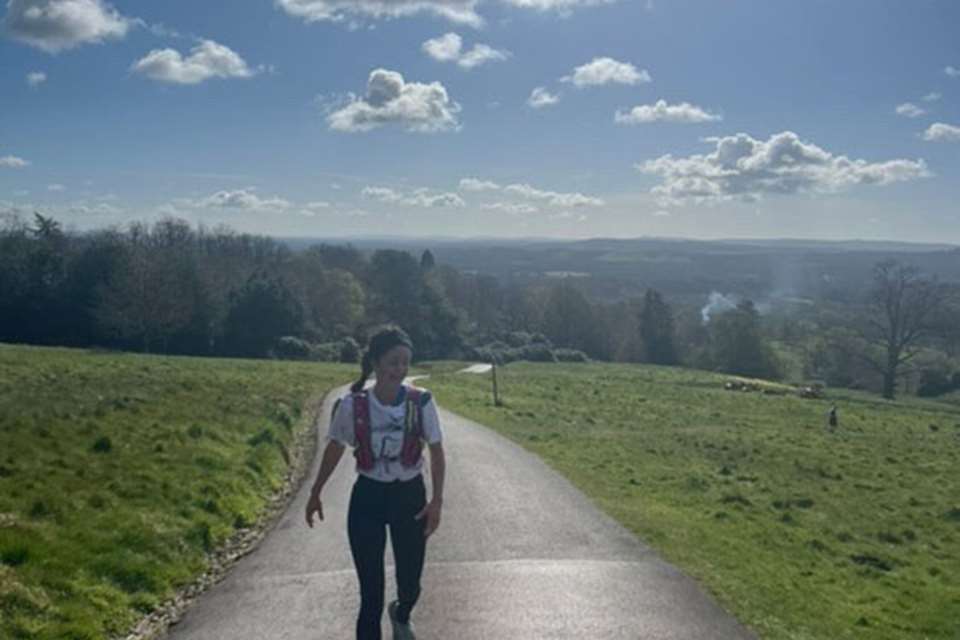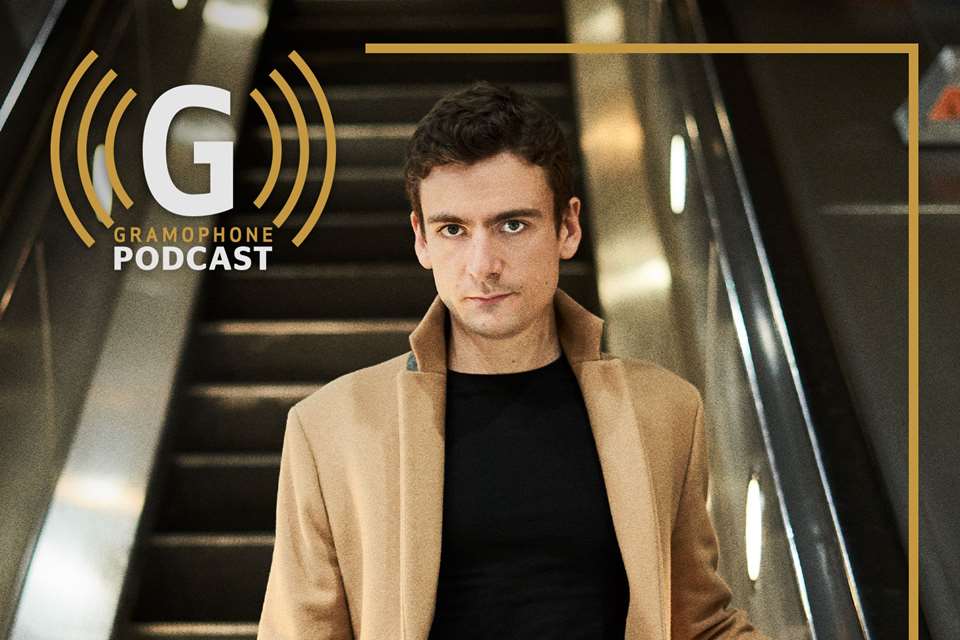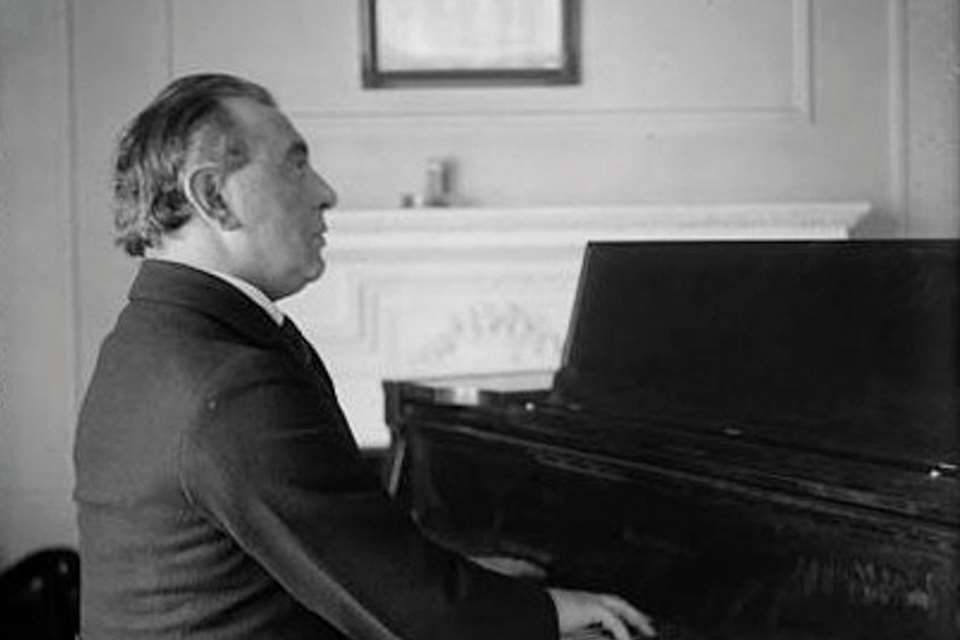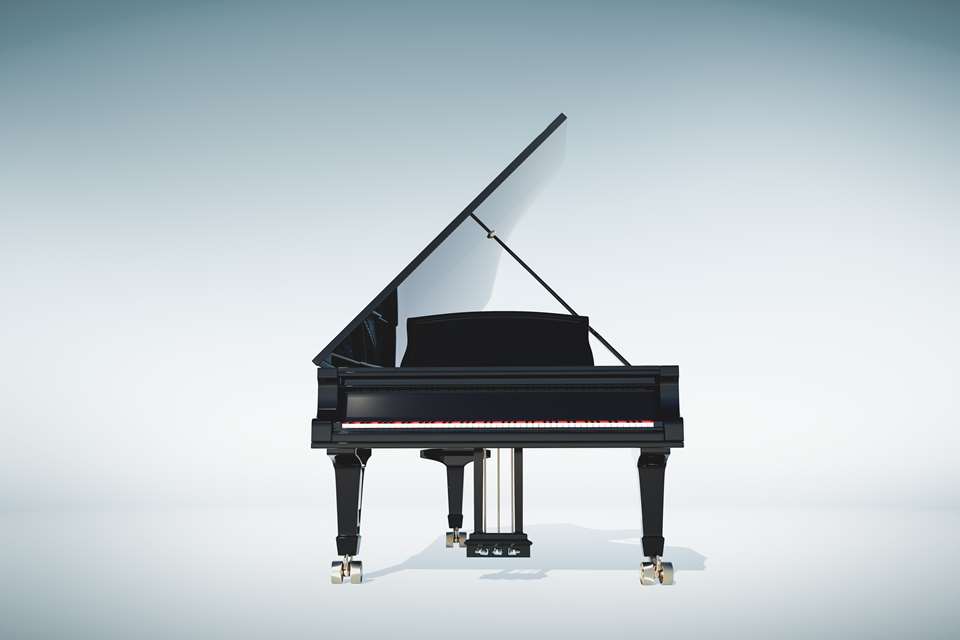How it feels to play in the world's great concert halls for the first time
Tom Borrow
Wednesday, July 27, 2022
BBC Radio 3 New Generation Artist Tom Borrow reflects on his debut appearances at concert halls around the world and looks ahead to his first performance at London's Royal Albert Hall as part of the BBC Proms
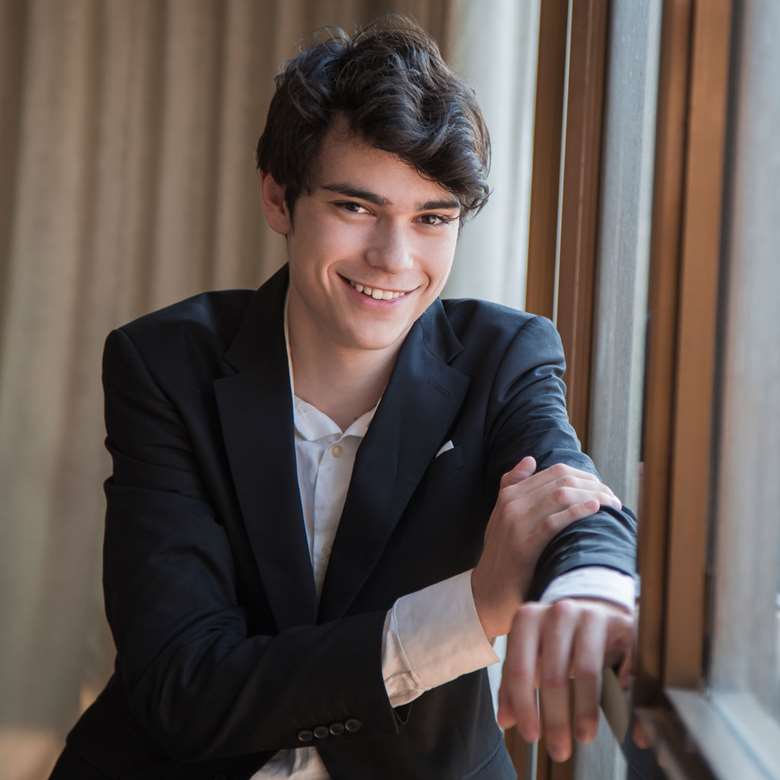
Register now to continue reading
Thanks for exploring the Gramophone website. Sign up for a free account today to enjoy the following benefits:
- Free access to 3 subscriber-only articles per month
- Unlimited access to our news, podcasts and awards pages
- Free weekly email newsletter




